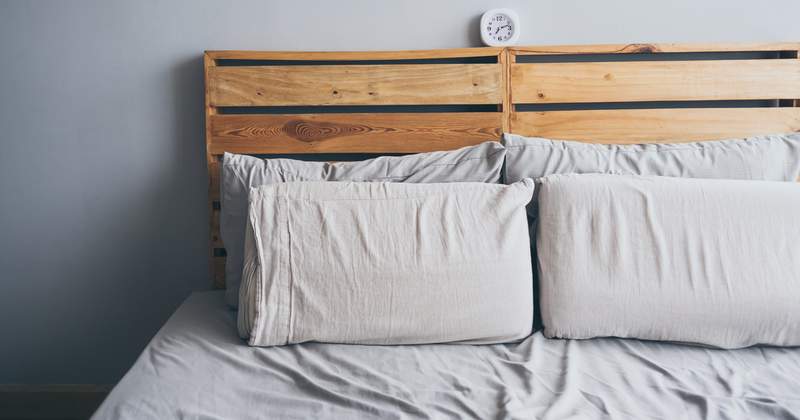Are you on top of your home maintenance tasks?

Seasonal Home Maintenance Checklist
Your home is an investment that requires ongoing maintenance to stay in tiptop shape. If you neglect annual and quarterly tasks, however, you risk overlooking potential issues that could lead to expensive repairs down the road. Stay on top of preventive maintenance tasks with a seasonal checklist and the reminders below.
Winter -- To prevent pipes from bursting, drain and insulate exposed outdoor pipes and leave the water dripping inside on cold nights. Also check your boiler's water level every now and again to make sure it doesn't get too low.
Spring -- Winter can leave a layer of grit on your home's exterior. Get it ready for spring by cleaning windows, doors and siding with a garden hose or power washer. And while the weather is mild, have your HVAC systems serviced by a professional to keep them running at optimal efficiency.
Summer -- Inspect your sprinkler system for clogs or malfunctioning heads. Keep an eye out for damaged pipes or pooling water to avoid a larger issue. Review or establish your family emergency plan and restock your disaster supply kit if necessary.
Fall -- Get ahead of winter by having your chimney professionally inspected and cleaned. Make sure your smoke and carbon monoxide detectors are functioning properly and have fresh batteries. And keep your gutters clear of leaves and debris to protect your roof and foundation.
These are just a few maintenance items to stay on top of around the house. Keep up with all of your annual, monthly and seasonal to-do's to preserve the value of your home and avoid potential headaches down the line. You'll be glad you did!

 Remove at least a third of your belongings from shelves, storage spaces, and closets. Not only will this make the home appear larger and more open, but it’ll also give you a head start on downsizing and packing for the future move.
Remove at least a third of your belongings from shelves, storage spaces, and closets. Not only will this make the home appear larger and more open, but it’ll also give you a head start on downsizing and packing for the future move.











